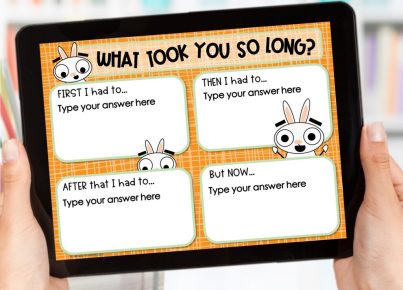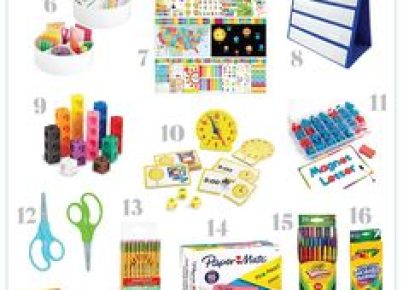Introduction:
As the digital age continues to dominate our lives, social interactions now begin to span beyond just face-to-face encounters. Notably, teaching kids about online manners has become an essential aspect of modern education. In this article, we will examine effective strategies that educators can employ to teach children about the importance of being nice and respectful online.
1. Discuss Digital Citizenship
Start by introducing the concept of digital citizenship, which refers to responsible and respectful actions in the online world. Encourage discussions about online presence, social media behaviors, and cyberbullying to create awareness among students. As a teacher, it’s important to stress that they should treat others online just as they wish to be treated in real life.
2. Set Clear Expectations
Let students know that you expect the same level of kindness and respect in their online interactions as in their physical ones. Create a set of guidelines or a code of conduct for students to follow when participating in virtual classrooms or when interacting with others on the internet.
3. Be a Role Model
Teachers should model proper online behavior and actively participate in positive communications with their students. When they see you engaging respectfully and responsibly, they are more likely to follow suit.
4. Encourage Empathy
Teach your students the importance of empathy by having them consider how others would feel when reading potentially hurtful messages. By putting themselves in someone else’s shoes, children will gain a better understanding of the impact their words can have on individuals.
5. Monitor Online Interactions
It is essential to keep an eye on your students’ virtual engagements, whether they take place within the classroom or on educational platforms. By monitoring their interactions, you can identify and address any inappropriate behavior promptly.
6. Provide Constructive Feedback
When instances of unkind behavior arise online, teachers must address them tactfully and constructively. It can mean privately speaking with the student and explaining why their behavior was unacceptable and suggesting alternative ways to react in the future.
7. Promote Positive Online Communications
Foster an environment where positive online interactions are encouraged and praised. Introduce fun and engaging activities that involve teamwork and require kind communication skills, such as group projects or assignments that need problem-solving and collaboration.
8. Educate Parents
Involve parents in the process of teaching kids to be nice online. Share resources, strategies, and your expectations with them, working together to reinforce positive online behavior outside of the classroom.
Conclusion:
Teaching children about online manners is just as crucial as teaching them how to interact politely in person. By emphasizing the importance of digital citizenship, setting clear expectations, promoting empathy, monitoring interactions, providing constructive feedback, and fostering positive communication environments, educators can effectively equip students with the necessary skills to navigate their digital lives with grace and kindness.





